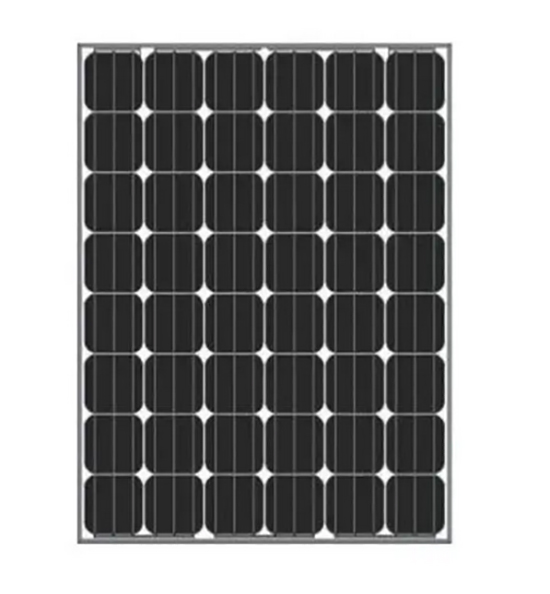Solar Panel: Types, Advantages
In this article, you'll learn what a solar panel, how it works. What are the different types of solar panels, their advantages, and disadvantages?
Solar Panel and Types The solar panel is also known as a PV (photo-voltaic) panel. Photo-voltaic solar cells use sunlight energy and generate direct current electricity. In other words, PV is used to convert sunlight energy, which is formed by energy particles known as "photons", into electricity that can be used to power electrical components. The combination of PV modules is called PV panels. Now let's look at the solar panel system.
What is the Solar Panel System? A solar panel system is a system of interconnected assembly (also known as an array) of photovoltaic (PV) solar cells. The energy produced by the solar panel is measured in volts or watts. It will vary according to the type of system and the solar cell you are using. Each of the array's solar panels (modules) consists of a group of solar cells packed jointed in a metal frame. A single solar panel typically consists of 60, 72, or 96 solar cells. Each type of solar cell includes an inverter to convert the direct current produced into the alternating current electricity used in the home. The placed inverter can be large and centralized.

Following are the different types of solar panels classified according to the generation of solar panel:
- Monocrystalline Solar Panels (Mono-SI)
- Polycrystalline Solar Panels (Poly-SI)
- Amorphous Silicon Solar Cell (A-Si)
- Thin-Film Solar Cells (TFSC)
- Biohybrid Solar Cell
- Concentrated PV Cell (CVP and HCVP)
- Cadmium Telluride Solar Cell (CdTe)
- Solar energy is a type of renewable source of energy.
- By using solar panels, it reduces the consumption of electricity, and you will get low electricity bills.
- It can be used for various purposes. For to generate electricity (photovoltaic) or heat (solar thermal).
- It requires low maintenance cost.
- Technology is constantly advancing in the solar industry, and improvements will be faster in the future.
- The primary cost of purchasing a solar system is relatively high.
- Solar panels rely on sunlight to effectively collect solar energy.
- The storage of solar energy is costly.
- It requires a lot of space to fit the number of solar panels.
- Although pollution related to solar power systems is much lower than other energy sources.
If you are choosing the right type of solar panel, it all comes under the specifics of your property and condition. Because every solar panel has its pros and cons. The solution is simple. You should proceed depending on your assets and your goals for using the solar project.